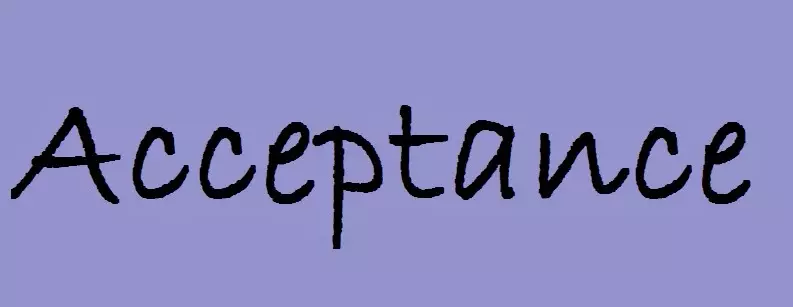Why the Law Relating to Mistake is a Comedy of Errors?
Mistake One of the essential elements of a valid contract is the free consent of the parties to it. The parties are said to be having or providing a free consent to a contract when they agree upon the same thing in the same sense at the same time. This means the parties to the contract are ad idem.When there is no consent or the consent is not free, then there cannot be a valid contract. According to Salmond it is described as error in consensus. One circumstance, which interferes with consensus ad idem is mistake.
Mistake may be defined as an erroneous belief about something. Mistake is further divided into, Mistake .of law and mistake of fact. If it is mistake of law of one’s own land then the rule is ignorance of law is no excuse. A party cannot be allowed to get any relief on the ground that it has done or agreed to do something in ignorance of law. A mistake of law is, therefore, no excuse and the contract cannot be avoided. However, if there is a mistake as to some foreign law, then it is treated just like a mistake of facts. In such a case, therefore, the contract can be avoided.
Further, the mistake of fact can be either
- bilateral or
- just unilateral.
Bilateral mistake of fact occurs when both the parties to an agreement are under mistake as to a matter of fact which is essential to the contract. If this happens then the contract is just void. Therefore, the following two conditions are necessary for the ‘bilateral’ mistake:
- It must be mutual or bilateral.
- It must relate to a matter of fact which is essential to the agreement.
However, in case of just ‘unilateral mistake, only one of the parties is mistaken regarding the subject matter, According to Section 22, a contract is not voidable merely because or on the ground that it was caused by one of the parties to it being under a mistake as to a matter of fact.





